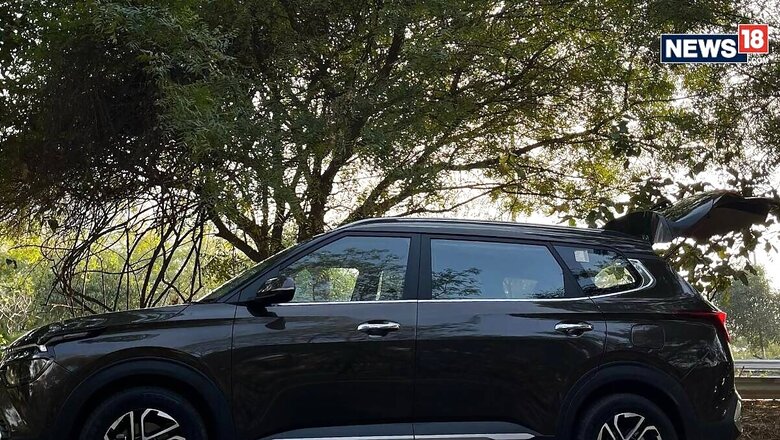
views
Maintaining a high CIBIL score is crucial when applying for various types of loans including personal, home, or car loans. A high credit score signifies trustworthiness and responsible credit behaviour, leading to lower interest rates on vehicle loans offered by top banks and Non-Banking Financial Corporations (NBFCs). To qualify for a car loan, or any other type of loan, individuals must have a high credit score.
First, let us understand what is a CIBIL Score.
The CIBIL Score is a three-digit numeric summary of your credit history, rating, and report, ranging from 300 to 900. As your score approaches 900, your credit rating improves. When applying for a loan, your bank evaluates your creditworthiness by reviewing your credit history and generating a credit report.
A borrower’s credit history is a record of their debt repayment history. A credit report is a summary of the borrower’s credit history obtained from various sources, including banks, credit card companies, collection agencies, and government bodies. Additionally, a borrower’s credit score is generated by a mathematical algorithm that assesses credit data to determine their creditworthiness.
A CIBIL credit score takes time to develop. It often takes 18 to 36 months or more of credit usage to achieve an acceptable credit score.
Coming back to the car loan, the minimum CIBIL score needed for a car loan varies depending on the lender’s standards, as well as other considerations such as income, current debt, job stability, and down payment amount. Although it is not a rule, most lenders prefer borrowers with a CIBIL score of at least 700 to qualify for a car loan.
A higher credit score may also enable you to acquire a reduced interest rate on your car loan, saving you money during the loan’s lifetime. However, while a better credit score is preferable, it is not the only element considered by lenders when evaluating loan applications. To estimate your creditworthiness, they will consider your income, employment stability, debt-to-income ratio, and other criteria.
If your credit score is less than 700, you may still be able to get a car loan, but you may have to pay higher interest rates or accept stricter loan restrictions. In such circumstances, you can improve your credit score by making on-time payments, reducing existing debt, and keeping a good credit utilisation ratio before applying for a car loan.




















Comments
0 comment